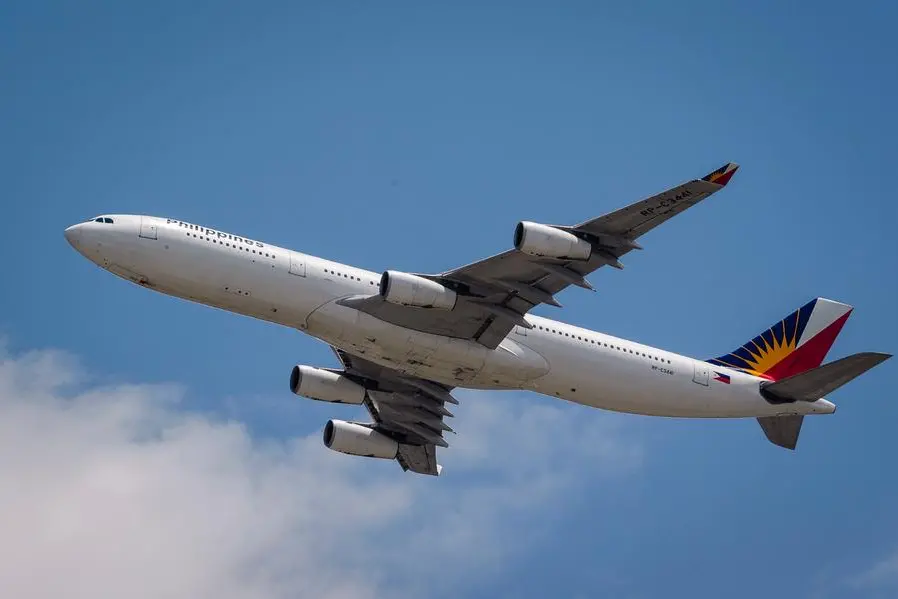PHOTO
Flag carrier Philippine Airlines (PAL) is hopeful it can recover some of its lost market share if the government improves aviation facilities to increase flight capacity, especially in the regions.
According to PAL spokesman Cielo Villaluna, the airline is struggling to catch up with its rivals in terms of pricing for flights within and around the Philippines.
'Now, more than ever, the market is price-driven. Customers go for the lowest of the lowest fares which low-cost carriers can give. A full service carrier [such as PAL] has higher overhead costs,' Villaluna said.
In spite of this, PAL seeks to regain in the long term some of the market share that it surrendered to competitors. It expects to benefit from the range of airport projects the government will pursue through public and private funding.
'Slot availability is a factor, too. To create additional frequencies, we leverage on travel demand out of our other hubs like Mactan, Cebu. We now fly to 13 domestic destinations out of Mactan. We restored flights out of Clark,' Villaluna said.
'There is really a need to enhance aviation infrastructure, have an airport that has more runways than what we have now,' she added.
PAL supports the Manila International Airport Consortium (MIAC) in its P100-billion proposal to expand and upgrade the Ninoy Aquino International Airport, particularly in its push to double the gateway's capacity to 62 million passengers per annum.
PAL owner Lucio Tan heads Asia's Emerging Dragon Corp., one of the members of MIAC.
For now, PAL is leaning on its widest network of foreign routes to bolster its revenue, leading all Philippine operators on the number of passengers carried abroad. In 2022, PAL accounted for 84 percent, or 3.35 million, of the international passenger traffic flown by domestic carriers.
'Even with the fierce competition on the domestic travel front, PAL leads in international market share vis-a-vis its Philippine carrier competitors. In 2022 we carried 9.3 million passengers and this reflects a 214 percent increase from our passenger count in 2021,' Villaluna said.
Looking ahead, PAL will purchase nine new wide-body aircraft from Airbus slated for delivery from 2025 to 2027.
The flag carrier plans to use the additional units to expand its fleet for long-haul trips, as it aims to scale up its flights to North America and explore its return to Europe
Copyright © 2022 PhilSTAR Daily, Inc Provided by SyndiGate Media Inc. (Syndigate.info).





















